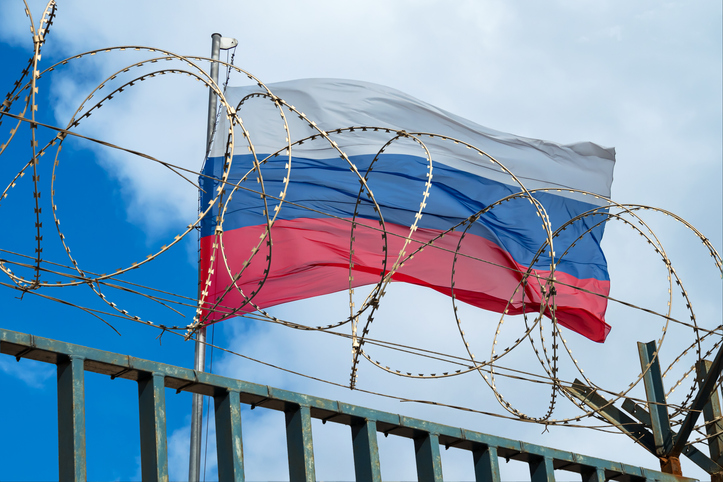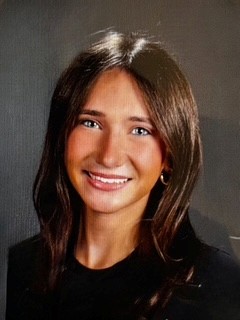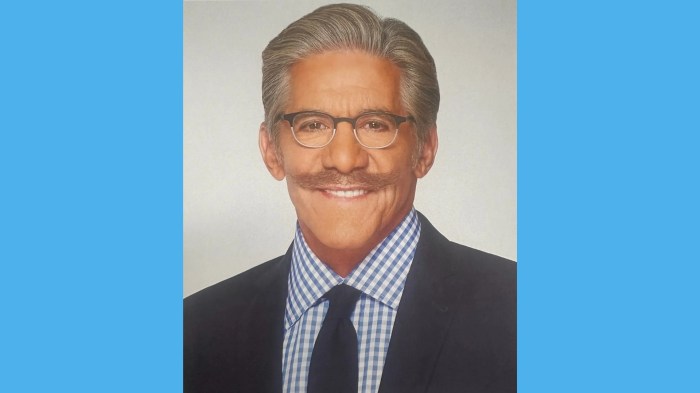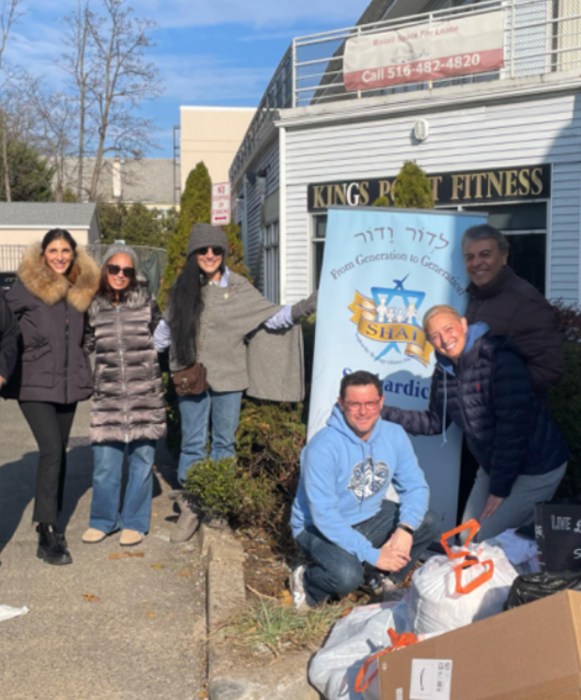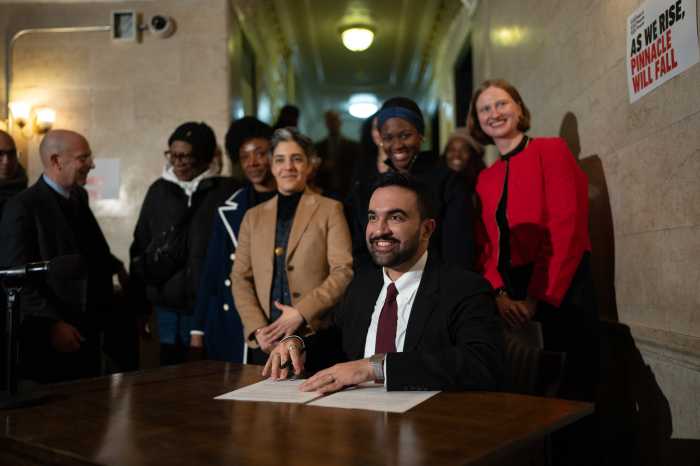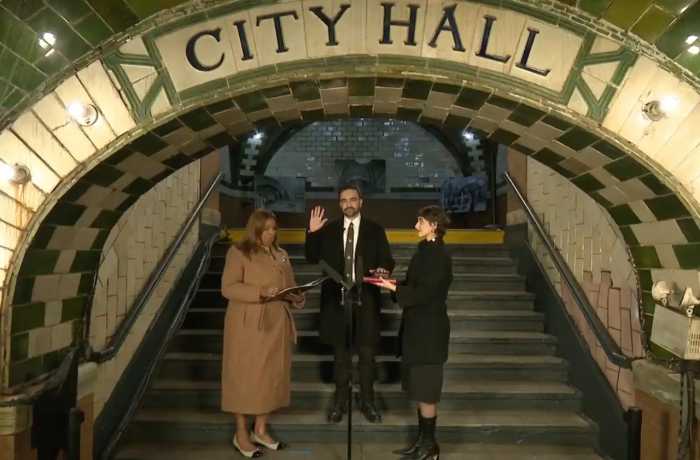Evgeniy Gorkovsky was thrilled with the view from on top of the Montauk Point Lighthouse.
Gorkovsky was the first Russian with whom I had become friends. He, his wife, and their daughter were staying with us in Sag Harbor decades ago and I was showing them around eastern Long Island.
Gorkovsky was a top official at the Center for Disarmament Affairs at the U.N., and his wife was a university professor in Moscow.
For years, he noted, there had been restrictions on citizens of the Soviet Union who worked at the United Nations traveling beyond 25 miles from midtown Manhattan. You don’t get to see much of Long Island if you don’t get past 25 miles.
I got to know him through my membership—for 20 years—on the Commission on Disarmament Education, Conflict Resolution and Peace sponsored by the U.N. and the International Association of University Presidents. Dr. L. Eudora Pettigrew, president of SUNY/College at Old Westbury, where I’m a journalism professor, became the association’s chair and asked me to join.
The commission worked closely with Gorkovsky’s bureau at the U.N. He attended all our meetings and traveled to events the commission organized around the world. Two of the conferences, which I coordinated, were held at SUNY/Old Westbury.
Gorkovsky was a man of peace.
Later, I would become friends with other Russians while making seven trips to Russia and giving presentations. I was initially invited by Dr. Alexey Yablokov, former environmental advisor to Presidents Boris Yeltsin and Mikhail Gorbachev. Dr. Yablokov was concerned about the use of nuclear power in space by Russia and knew of my writings on the subject, including breaking the story in The Nation after the Challenger blew up in 1986 about how, on its the next mission, it was to loft a space probe fueled with plutonium, the most lethal of all radioactive substances.
My presentations included “Toward a Sustainable Russia: Environmental Policy” at the All-Russia Congress on Protection of Nature—in a packed sports stadium along the Volga River in Saratov—and about “Health of the Environment” at the Russian Academy of Sciences in Moscow.
My last presentation was arranged by the U.S. State Department, a keynote speech, “Parallel Atomic Universes,” at a Russian-American Women’s Leadership and Nuclear Safety Activism conference in Tomsk in Siberia in 2002.
What a difference between Russia then and now—although inklings of what Vladimir Putin would do to Russia could be felt then. Putin in 2002 had been prime minister of Russia for three years. As Dr. Yablokov stated in 1999: “The result of Putin’s politics is fascism.”
The savage invasion of Ukraine that Putin has been leading is an obscenity. The brutality, the killings of innocent people, the war crimes—horrendous. Putin is being aptly compared to Hitler.
In a college sociology class our textbook detailed The Authoritarian Personality the title of an earlier book which described a personality type given to extreme obedience, submission to authority, a “potentially fascistic” kind of person. The Russians I’ve known are not like that.
The Putin reign of terror must be ended.
Sign up for Long Island Press’ email newsletters here. Sign up for home delivery of Long Island Press here. Sign up for discounts by becoming a Long Island Press community partner here.




